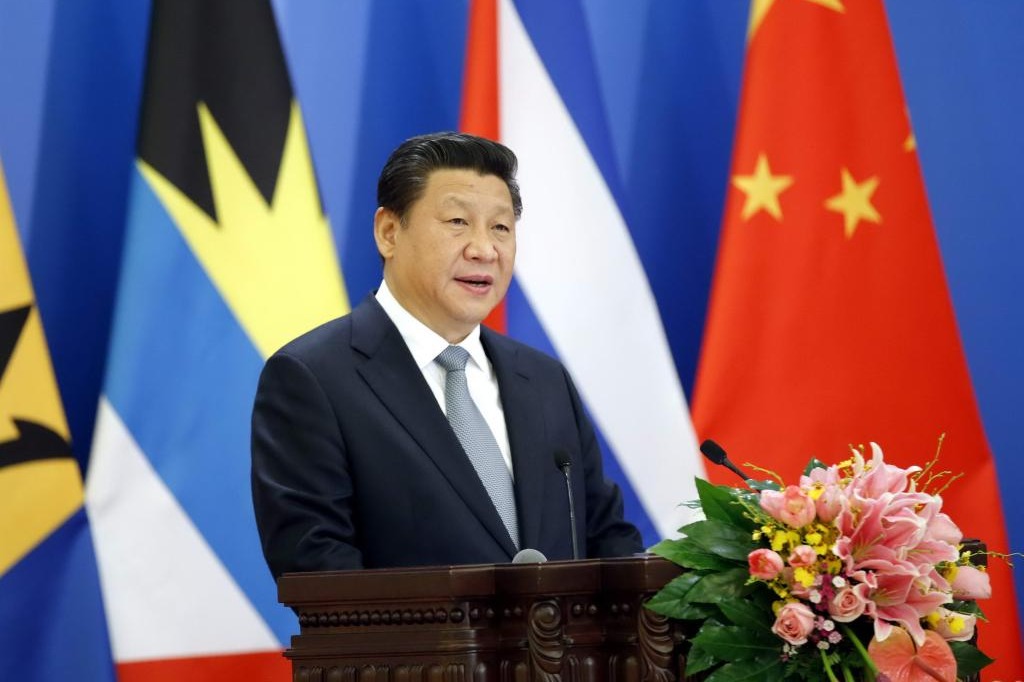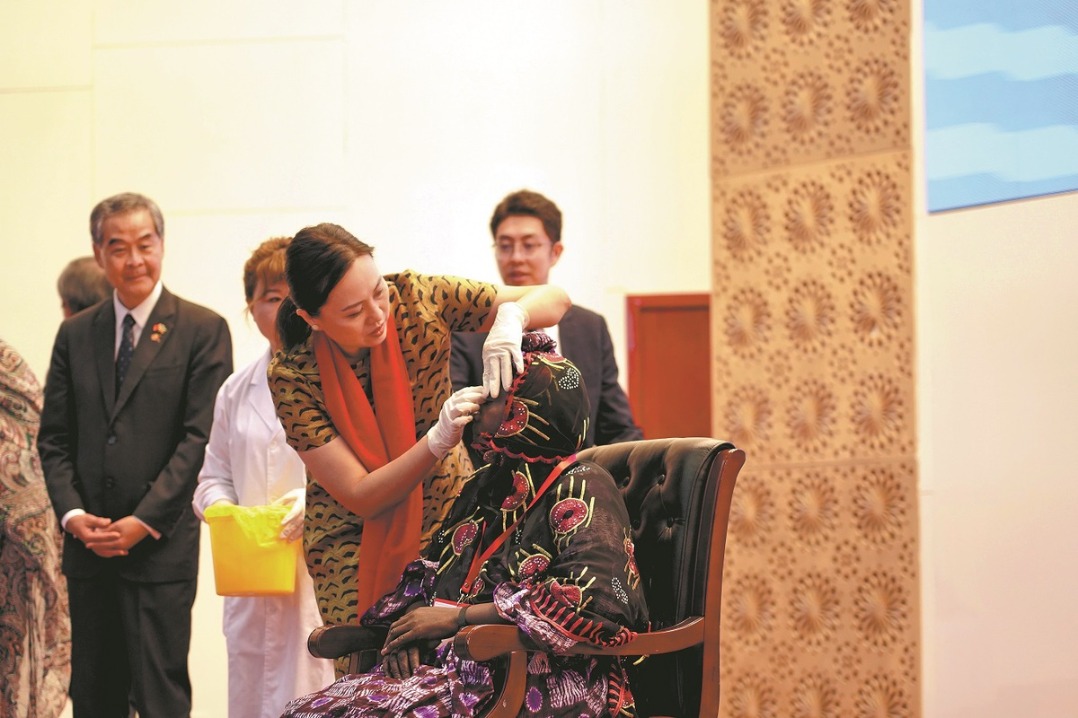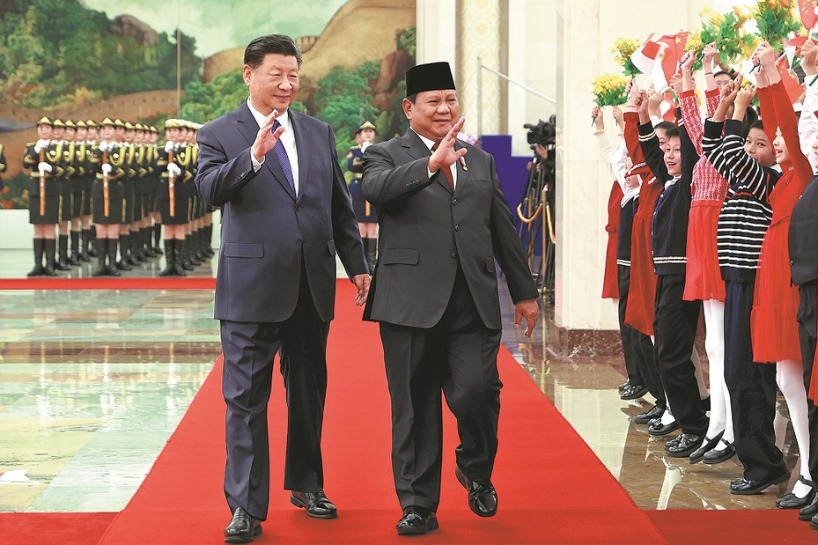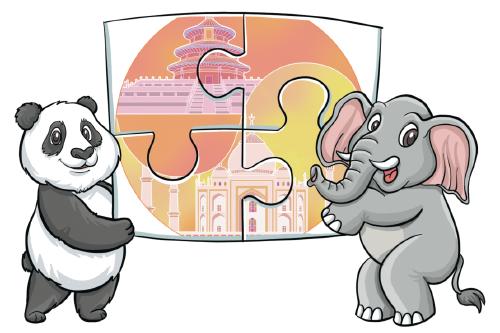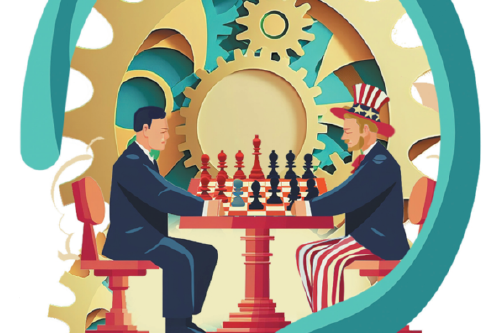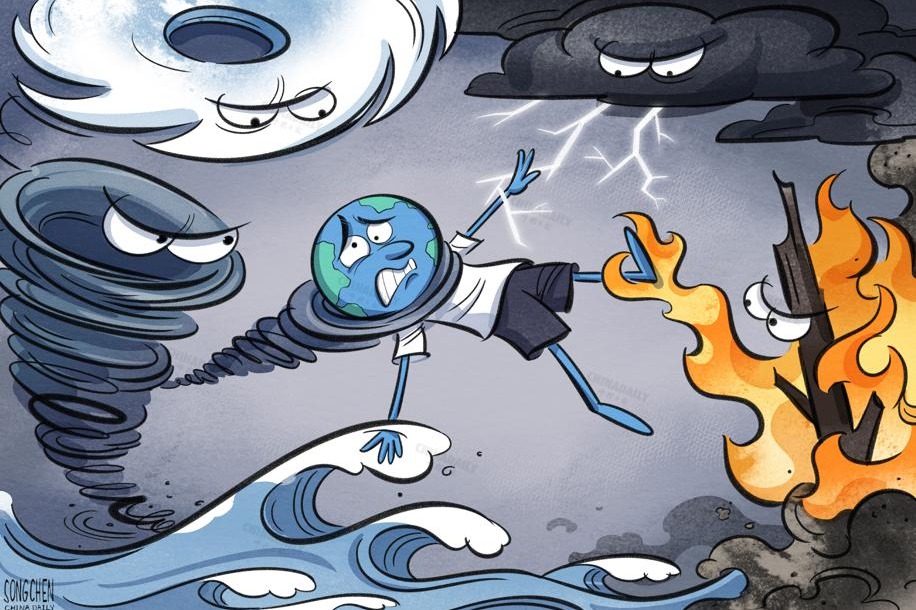Report on Human Rights Violations in the United States in 2020

II. American Democracy Disorder Triggers Political Chaos
Touting itself as the beacon of democracy, the United States has wantonly leveled criticism against and oppressed many other countries under the guise of upholding democracy, freedom and human rights. However, the U.S. society has been plagued by deep-rooted money politics, unchecked public opinion manipulation and rampant lies, and American democracy has further aggravated social division instead of bridging the increasingly polarized political differences. As a result, the American people enjoy their civil and political rights in name only.
Influence of money in electoral politics essentially makes it a money-led election. Money is the driving force of American politics. America's money politics has distorted public opinion, turning elections into a "one-man show" for the rich. The amount spent on the 2020 U.S. presidential and congressional campaigns hit nearly 14 billion U.S. dollars, more than double what was spent in the 2016 election. The presidential campaign saw a record high of 6.6 billion U.S. dollars in total spending, while congressional races finished with over 7 billion U.S. dollars. According to a Nov. 1, 2020 report on the website of CNBC, the top 10 donors in the 2020 U.S. election cycle contributed over 640 million U.S. dollars. In addition to publicly registered election donations, a large amount of secret funds and dark money flooded the 2020 U.S. elections. According to an analysis by the Brennan Center for Justice at New York University, dark money groups poured more than 750 million U.S. dollars into 2020 elections through ad spending and record-breaking contributions to political committees such as super political action committees.
Public trust in U.S. elections was in crisis. According to Gallup's figures released on Oct. 8, 2020, only 19 percent of Americans say they are "very confident" about the accuracy of the presidential election, the lowest Gallup has recorded in its trend dating back to 2004. According to a commentary carried by the Wall Street Journal on Nov. 9, 2020, the 2020 U.S. election can be seen as the culmination of a two-decade period of decline in faith in the basic building blocks of democracy.
Political polarization grew. Disagreement between Democrats and Republicans has gradually changed from policy differences to identity battles with increasingly obvious political tribalism. The two parties have ended in deadlocks on many major public issues, thus leading to inefficient and incompetent state governance. Power plays between rival politicians in dogfights have become the hallmark of American politics, which saw a variety of shows featuring ugly attacks and vulgar smears. Voters supporting different parties are at loggerheads under the instigation of extreme politicians. Dominated by growing political fanaticism, the two camps are increasingly harder to talk to each other. Hate politics raged through the country and became the root cause of constant social unrest and division. According to a Nov. 13, 2020 report by Pew Research Center, America is exceptional in the nature of its political divide. There has been an increasingly stark disagreement between Democrats and Republicans on economy, racial justice, climate change, law enforcement, international engagement and a long list of other issues. The 2020 presidential election exacerbated these deep-seated divides. A month before the election, roughly 80 percent of the registered voters in both camps said their differences with the other side were about more than just politics and policies, but also about core American values, and about 90 percent in both camps worried that a victory by the other would lead to "lasting harm" to the United States.
Power checks and balances have mutated into veto politics. The bipartisan divides intensified the veto practices inherent in the American system. The separation, check and balance of power have turned into vetoing each other. The two parties engaged in ferocious battles, paralyzing the Congress and deadlocking the decision-making. While the outbreak of COVID-19 went out of control, the two parties not only brawled with each other on multiple issues, but also took the bill for the second round of COVID-19 relief measures as their campaigning tool for election. The two parties filibustered and stalled each other for votes, leaving millions of grassroots people in livelihood predicament. The veto politics has caused acute confrontations between the Congress and the administrative system, as well as between the federal and state authorities. During the COVID-19 pandemic, frequent contradictions have taken place between the Republican president and the Democrats-dominated House of Representatives, and between the federal government and Democratic "blue states." The federal government competed with the states in the scramble for anti-virus supplies, and was often at odds with the "blue states" in epidemic response policies, thus causing people to be at a loss. Massachusetts once arranged to buy 3 million N95 masks for urgent needs, but federal authorities seized them at the Port of New York.
The post-election riots highlighted the American democracy crisis. The election did not resolve the political differences in the United States, but heated up social confrontation. A Nov. 4, 2020 report on the website of the Guardian noted that whoever won the 2020 election, America would remain a country bitterly divided and the politics of anger and hatred would be the legacy. Claiming that the election was tainted by fraud, the defeated Republican camp refused to accept the presidential election results and filed lawsuits in Michigan, Wisconsin, Pennsylvania and Georgia, calling for a recount of ballots to overturn the election by pressuring and intimidating local election officials. Donald Trump repeatedly insisted that he would never accept the election defeat, calling on his supporters to protest against the congressional certification of the election result in Washington, D.C. The election dispute eventually turned into riots.
On Jan. 6, 2021, tens of thousands of protesters who refused to accept the election defeat staged a "Save America" rally in Washington, D.C. A large number of protesters breached security and stormed into the Capitol building, where they tussled with police officers. Members of the U.S. Congress were hurriedly evacuated wearing their gas masks, as the police fired tear gas and shot to disperse the protesters. Protesters acted recklessly after occupying the venue. The riots resulted in multiple injuries and an interruption of the congressional certification of the electoral victory. Washington, D.C. imposed curfew and entered a state of emergency. On Jan. 7, 2021, U.S. Capitol Police Chief Steven Sund said that thousands of individuals involved in violent riotous actions attacked officers with metal pipes, chemical irritants and other weapons, injuring more than 50 police officers. The police arrested more than 100 people in total. On Jan. 7, 2021, UN High Commissioner for Human Rights Michelle Bachelet said in a statement that the attack on the U.S. Capitol demonstrated clearly the destructive impact of sustained, deliberate distortion of facts, and incitement to violence and hatred by political leaders.
The political chaos in Washington shocked the world. American media called it the first time in modern American history that the power transfer has turned into a real combat in the Washington corridor of power. They blamed that violence, chaos and vandalism had shaken the American democracy to the core, dealing a heavy blow to America's image as a democratic beacon. The French daily Le Figaro commented that the violent incident stoked up the resentment and distrust among different camps in American society, plunging America into an unknown situation. The Foreign Policy said in a commentary that the United States has become what its leaders used to condemn: being unable to avoid violence and bloody destruction during transfer of power. Lebanese diplomat Mohamad Safa commented via social media, "If the United States saw what the United States is doing in the United States, the United States would invade the United States to liberate the United States from the tyranny of the United States."

















